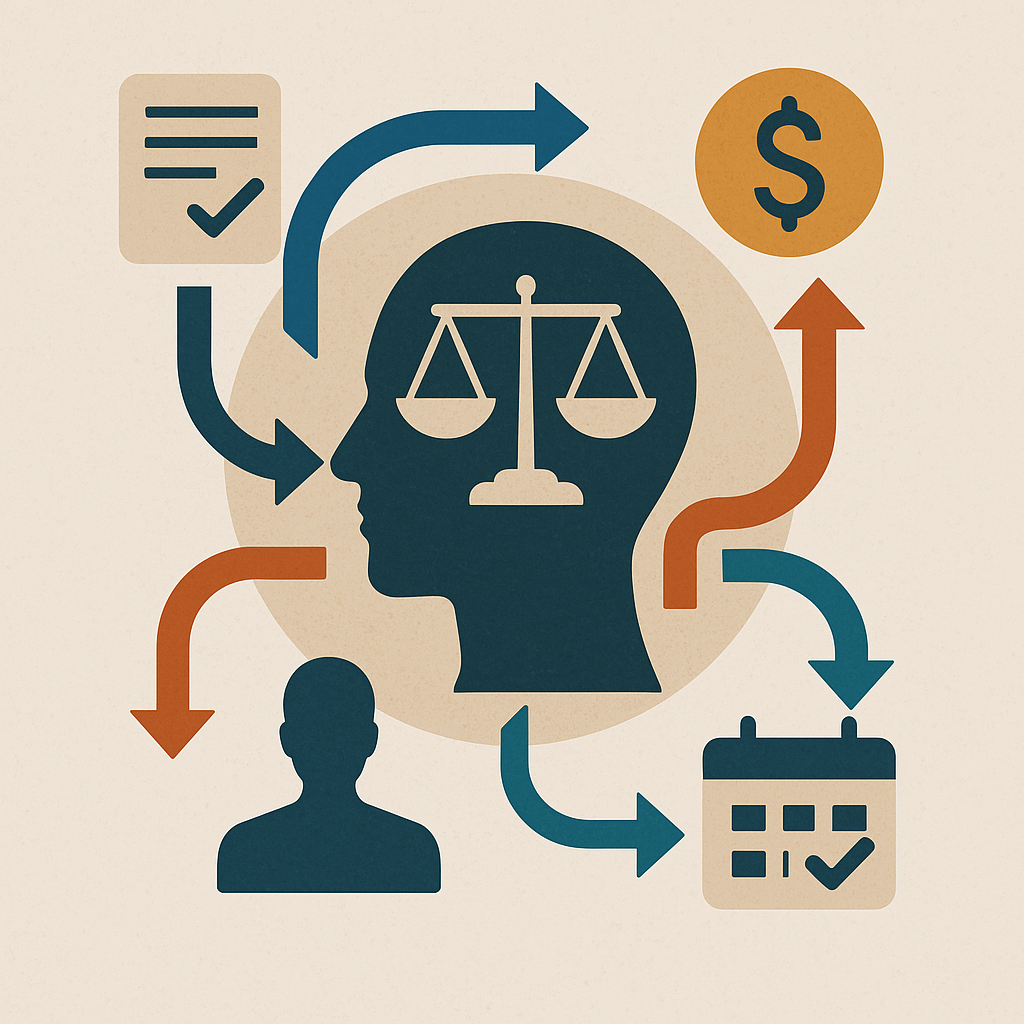Unlocking the Power of Rightsourcing: Why Your Legal Team Needs an Effective Triage System
In-house legal teams are under pressure to do more with less—balancing high-stakes matters with routine legal work.. Often, attorneys spend valuable time on low-impact tasks that don’t require specialized legal expertise, which drains resources and reduces the team’s strategic value. To address this, many legal departments are adopting Rightsourcing, an approach that ensures the right person handles the right task at the right cost.
The Power of Rightsourcing for Legal Departments
Rightsourcing for legal departments involves creating a triage system that evaluates each incoming task to determine the best course of action. Should this task be handled internally by legal professionals? Should it be delegated to another department or handled by outside resources, including law firms or flexible legal talent?
For rightsourcing to deliver real value, legal departments need a clear, consistent framework for evaluating and allocating legal work.. These criteria guide the evaluation of each task based on its type, the associated risk, and who is best equipped to handle it. By making this evaluation process structured and intentional, legal teams can focus on high-priority, high-impact work while minimizing inefficiencies.
Not sure where to begin? Our step-by-step guide, How to Make Your Legal Department Work Smarter, breaks down how to assess your current workflows, identify resourcing gaps, and build a more efficient legal team.
The Key Steps of a Legal Triage System
To develop an efficient triage system, legal departments need to assess each new task through a set of guiding questions that help prioritize the work. Here’s how a structured triage system can be applied to legal tasks:
- Is the task aligned with the company’s strategic objectives?
Tasks that don’t directly support business goals should be deprioritized or rejected altogether. Legal teams should focus on work that drives strategic value.
- Does the task fit within the legal department’s mandate?
If the task falls outside the department’s core functions, it should be redirected to another team within the business or external service providers.
- Does the task require specialized legal expertise and deep company/industry/knowledge?
If deep company knowledge and business understanding are crucial and the task is low—to medium-risk, then having flexible legal talent embedded within the team is ideal. However, if deep company knowledge isn’t necessary and high risk is involved, it may be better to utilize outside counsel.
- Is this the right time to pursue this task?
Timing is crucial for maximizing the effectiveness of legal work. If the task can be delayed or rescheduled, it should be.
- What level of risk and complexity is involved?
High-risk tasks should always be handled by legal professionals with the necessary expertise, while lower-risk tasks can be delegated to less expensive resources or even outsourced to external vendors.
Once a task passes these initial decision criteria, legal teams should consider who the best person is to execute it. This might involve delegating to another internal resource, a lower-cost legal professional, or outsourcing to external counsel, depending on the complexity and risk level.
Why a Rightsourcing Triage System Works
The benefits of a well-implemented rightsourcing triage system for legal departments are clear:
- Time Savings: By efficiently delegating or eliminating low-value tasks, legal teams can save thousands of hours that can be spent on more strategic work.
- Cost Efficiency: Legal departments can reduce legal spend by redirecting tasks to lower-cost resources, whether that’s internal staff with the right skill set or external service providers.
- Increased Engagement: Lawyers are more engaged and productive when they focus on high-impact work that matches their expertise rather than getting bogged down in routine or low-risk tasks.
Applying Rightsourcing to Your Legal Team
Rightsourcing for legal departments isn’t just about reducing costs—it’s about increasing clarity, control, and confidence in how legal work gets done.. By developing an effective triage system, legal leaders can ensure that their teams are not only more efficient but also more strategic in their decision-making. In turn, this approach leads to a stronger, more engaged legal team that contributes directly to the success of the business.
For legal leaders looking to create a more efficient, high-performing department, Rightsourcing offers a clear, actionable framework to optimize task allocation, reduce costs, and improve the overall impact of the legal team.
Want to take the next step in building a smarter, more strategic legal department?
Access our complimentary guide, How to Make Your Legal Department Work Smarter: A Step-by-Step Guide—a practical, data-driven resource designed to help you assess, align, and optimize your legal team’s workload and spend one step at a time.



